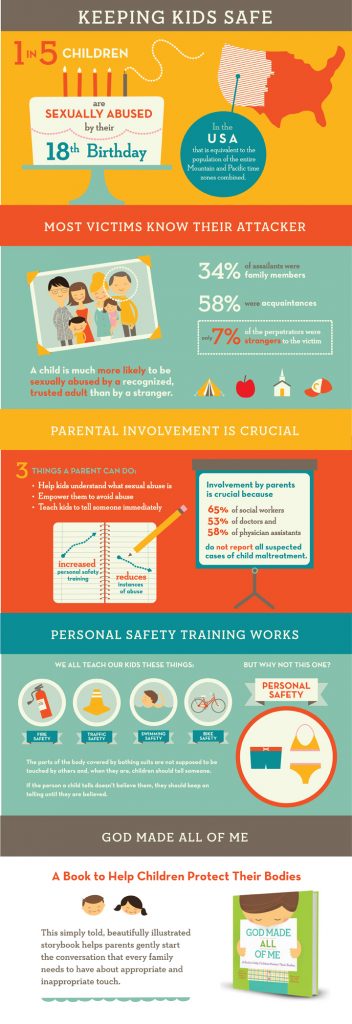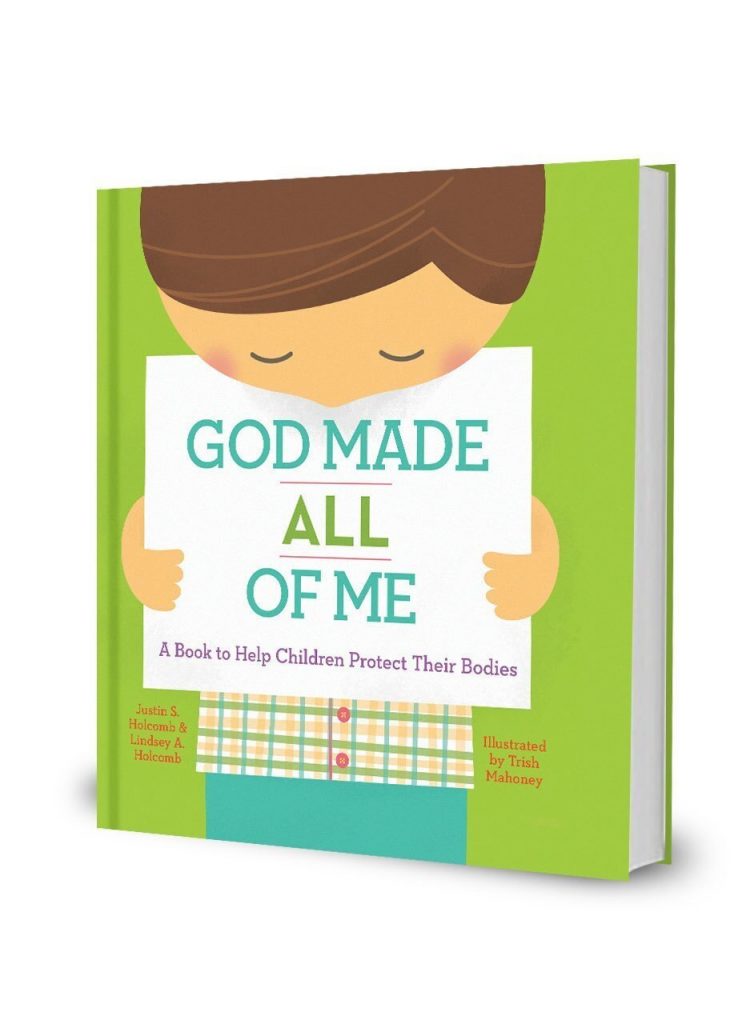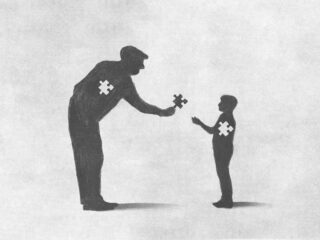Recent quarantining due to the COVID-19 pandemic leaves many people vulnerable to suffering abuse when isolated in a dangerous situation at home.
Many abuse survivor advocates and professionals are expecting that child abuse, intimate partner abuse, and sexual assault will increase during the pandemic because of the increased isolation. Most abusers are parents, siblings, intimate partners, or acquaintances, and they now have much more access to victims. Additionally, the victims may no longer have faith leaders, school teachers, co-workers, friends, neighbors, or mandated reporters readily available to help or detect signs of abuse. Also, survivors now have less access to medical and mental health care.
Prevalence
The statistics on child abuse, sexual assault, and intimate partner abuse are jarring. One in five children are sexually abused before their 18th birthday; 34% of assailants are family members and 58% are acquaintances, while only 7% of perpetrators are strangers to the child. One in four women and one in six men have been or will, be sexually assaulted in their lifetime. Young women between the ages of 16 and 19 are four times more likely than the general population to be victims of sexual assault. One in four women and one in 20 men will experience intimate partner abuse. Nearly 75% of Americans personally know someone who is a survivor of intimate partner abuse.
Compassionate, Practical, and Informed
As sobering as the statistics are, they don’t begin to speak to the darkness and grief experienced by survivors. Because abuse causes physical, psychological, emotional, and spiritual pain, survivors need advocates who are prepared to respond and care in ways that are compassionate, practical, and informed.
Listen and Believe
Clergy and church members need to be vigilant to check-in and provide accountability to potential, alleged, or known perpetrators, as well as encourage those who may feel threatened. The power of listening to and believing survivors cannot be underestimated. Research has proven that “the only social reaction related to better adjustment by victims were being believed and being listened to by others” (Sarah E. Ullman in Psychology of Women Quarterly 20, 1996).
Safety Plan
If someone is experiencing physical, sexual, emotional, and/or verbal abuse, they can create a personalized safety plan that will guide them if they find themselves (and their children) in an emergency. The safety plan will help even if they are not ready to leave. Planning before leaving increases the likelihood that survivors will stay safe. Such a document needs to be kept in safe hands, so it is extremely important to decide who will have it and where it will be stored.
Words of Hope
Survivors especially need to hear this message: God responds to their pain, and their story does not end with abuse. Their life was intended for more than shame, guilt, despair, pain, and denial. Abuse does not define them or have the last word on their identity. Yes, it is part of their story. But the message of the gospel redeems what has been destroyed and applies grace to disgrace.
Survivors needs to hear words of hope:
What happened to you was not your fault. You are not to blame. You did not deserve it. You did not ask for this. You should not be silenced. You are not worthless. You do not have to pretend like nothing happened. Nobody had the right to violate you. You are not responsible for what happened to you. You are not damaged goods. You were supposed to be treated with dignity and respect. You were the victim of assault and it was wrong. You were sinned against. Despite all the pain, healing can happen and there is hope.
Grace is available because Jesus went through the valley of the shadow of death and rose from death. The gospel engages our life with all its pain, shame, rejection, lostness, sin, and death. So now, to your pain, the gospel says, “You will be healed.” To your shame, the gospel says, “You can now come to God in confidence.” To your rejection, the gospel says, “You are accepted!” To your lostness, the gospel says, “You are found and I won’t ever let you go.” To your sin, the gospel says, “You are forgiven and God declares you pure and righteous.” To your death, the gospel says, “You once were dead, but now you are alive.”
GOD MADE ALL OF ME: A BOOK TO HELP CHILDREN PROTECT THEIR BODIES
With the help of God Made All of Me, parents and caregivers can begin conversations with boys and girls about their bodies, helping kids understand the difference between the appropriate and inappropriate touch of others.
RID OF MY DISGRACE: SMALL GROUP DISCUSSION GUIDE
Because sexual assault causes physical, psychological, emotional, and spiritual pain, victims need clear help, hope, and healing. How can our churches become a safe place to talk about abuse? Can we participate somehow in the healing of the men and women among us who have been abused?









